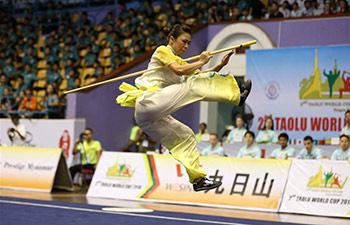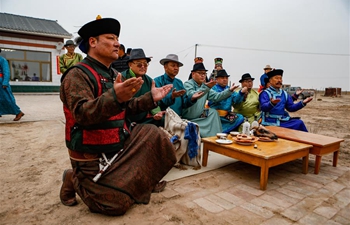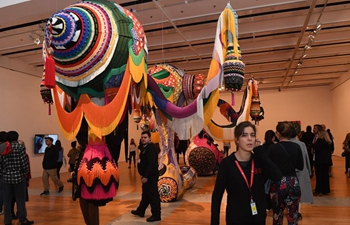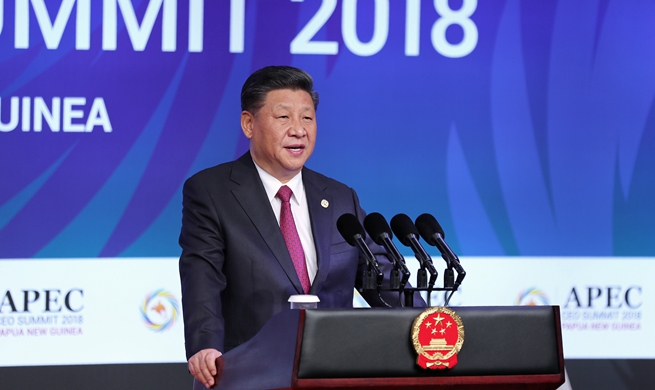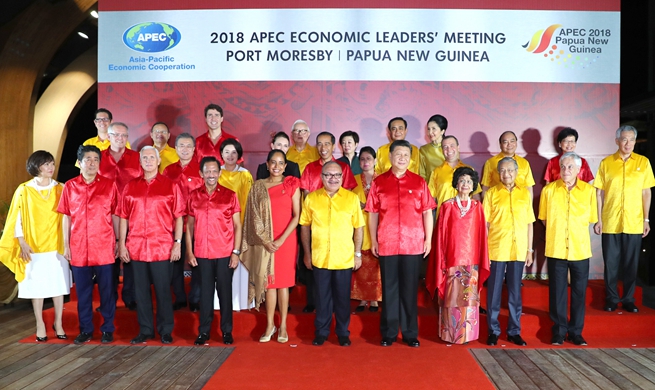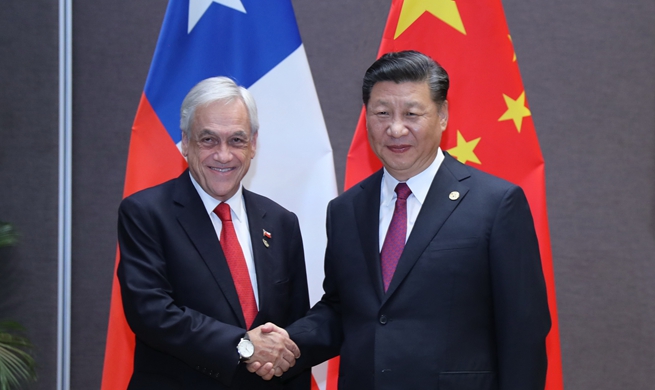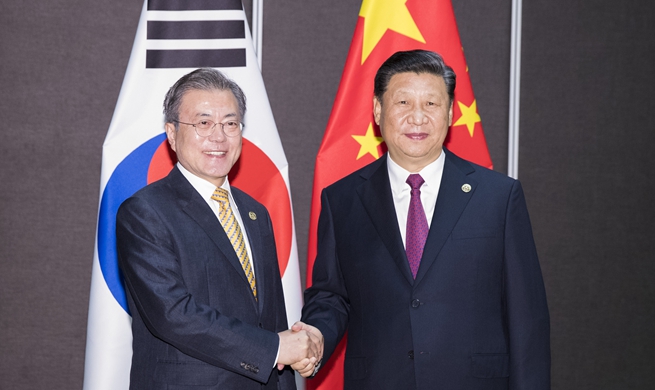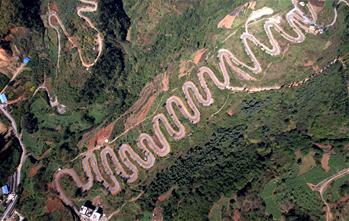by Yuan Mengchen, Zheng Xin, Dario Agnote
MANILA, Nov. 18 (Xinhua) -- "I don't know how to speak the Chinese language, except xiexie (thank you), but I felt connected and safe with the people. I felt that I belong. I felt at home in the village."
In a recent interview with Xinhua, Jacel Kiram recalled last year's trip to China to visit her ancestor's tomb there.
In 1417, a large goodwill mission led by three kings of Sulu, in what is now the southern Philippines, ploughed through the Pacific Ocean to China to pay tribute to the emperor of the Ming Dynasty.
Prior to the mission, during famous Chinese navigator Zheng He (1371-1433)'s voyages, several envoys were sent to pay visits to the southeast Asian countries, one of whom was welcomed by the authority and people of the ancient Sulu kingdom.
Chinese Emperor Yong Le reciprocated with fine hospitality and entertainment worthy of royalty when meeting the Sulu kings.
On his way home, Paduka Pahala, the East King of Sulu, died of a disease in Dezhou, a city in east China's Shandong province. The Ming Dynasty emperor commissioned artisans to build a tomb for the king, which still stands today in the Chinese city.
Some descendants of Paduka Pahala remained in China as grave keepers and were attended to by three Chinese Muslim families who relocated to live with them. They picked up the surnames An and Wen during the Qing Dynasty, and now more than 3,700 descendants live in different parts of China.
Kiram, a Sulu princess who had been to Dezhou for the 600th anniversary of the Sulu kings' journey to China, said there is something about the descendants of the Sulu king there; "they are Chinese but you feel that you are family."
Philippine Ambassador to China Jose Santiago Sta. Romana recently said in the preface to a new book on the East King of Sulu that the Sulu kings' trip to China is "a testament to the long-standing ties between the Filipino and Chinese peoples."
"Hundreds of years before the official establishment of diplomatic relations in 1975, the peoples of our two countries have been engaging with one another through trade and other exchanges," he added.
Nowadays, the story of the Sulu kings' visit to China has been known in both China and the Philippines.
Wang Shoudong, a history professor of China's Dezhou University, told Xinhua that both China and the Philippines feel proud of the story, a testimony to the friendship between the two countries.
During her visit to China in 2017, Kiram said she brought with her some memorabilia from her family to be displayed in the museum in Dengzhou. She is planning to donate more if she has the chance to visit the memorial again.
She said it is important to learn about the historical journey of the Sulu kings, noting that it will bring unity and more understanding between the peoples of China and the Philippines.
"Let us talk about the stories that unify us and bind the two countries together," Kiram said.

